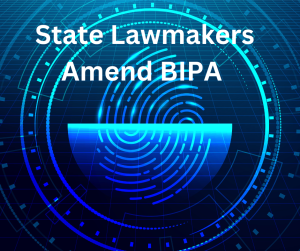Employers physically located within the City of Chicago need to be ready as of July 1 to implement the new Chicago Paid Leave and Paid Sick and Safe Leave Ordinance, which stipulates that covered employees can earn up to 40 hours of paid sick leave and 40 hours of other paid leave usable for any reasons per 12-month accrual period.
Covered employees are those who work at least 80 hours within a 120 day period. Immigration status is irrelevant. The benefit year can be defined the same for all employees or entirely individually, and can be tied to the calendar year, fiscal year, tax year, contract year or anniversary date of employment.
 Chicago Business Attorney Blog
Chicago Business Attorney Blog











